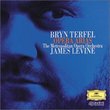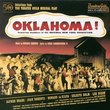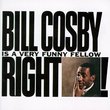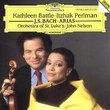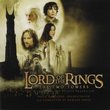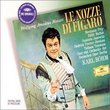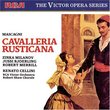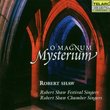| All Artists: Franz Lehar, John Eliot Gardiner, Wiener Philharmoniker, The Monteverdi Choir, Cheryl Studer, Bo Skovhus, Barbara Bonney, Rainer Trost, Bryn Terfel, Donna Deam Title: The Merry Widow Members Wishing: 0 Total Copies: 1 Label: Deutsche Grammophon Release Date: 2/14/1995 Genre: Classical Style: Opera & Classical Vocal Number of Discs: 1 SwapaCD Credits: 1 UPC: 028943991124 |
Search - Franz Lehar, John Eliot Gardiner, Wiener Philharmoniker :: The Merry Widow
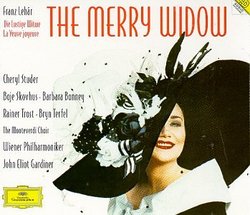 | Franz Lehar, John Eliot Gardiner, Wiener Philharmoniker The Merry Widow Genre: Classical
![header=[] body=[This CD is available to be requested as disc only.]](/images/attributes/disc.png?v=a4e11020) ![header=[] body=[This CD is unavailable to be requested with the disc and back insert at this time.]](/images/attributes/greyed_disc_back.png?v=a4e11020) ![header=[] body=[This CD is unavailable to be requested with the disc and front insert at this time.]](/images/attributes/greyed_disc_front.png?v=a4e11020) ![header=[] body=[This CD is unavailable to be requested with the disc, front and back inserts at this time.]](/images/attributes/greyed_disc_front_back.png?v=a4e11020) |
Larger Image |
CD DetailsSimilarly Requested CDs |
CD ReviewsA Viennese Merry Widow without Viennese tradition Kelly Martino | Austin, TX USA | 09/30/2000 (3 out of 5 stars) "I have heard this and a comtemporary production by the Vienna Volksoper (same season). While I think the Staatsoper is the greatest opera house in the world, they have abandonned the tradition of operetta style, so wonderfully present in the Volksoper production. This is a performance that is well nigh perfect with a totally miscast Skovhus, possibly the greatest Don Giovanni of our time, but at a loss of what to do with the music of Danilo. While the orchestral style is there it is not because of the conductor. Tempos are too fast, too strict, and inflection is typical of British recordings of this wonderful opera/operetta. Remember Lehar is credited as the inventor of the "slow waltz! I hope the Staasoper will let a conductor who understands the tradition lead perfomances in this and future seasons. It finally has found a home at the Staatsoper, but seems more at home at the Volksoper. The production at the Volksoper was better sung in all parts, especially the magnicant singing and characterization of Adolf Dallapozza (a tenor) and the traditional voice for this part. Remember most of the subsequent roles by Lehar were written for Tauber.I purchased this recording, but listen to an old Volksoper excerpts reissue with joy and this one with respect. I prefer joy." A lovely set 12/11/1998 (4 out of 5 stars) "This recording stands out for its lush background and dramatic detail. Evey moment is filled with revelers, picknickers, Grisettes etc. Gardiner is in excellent form in this recording, with the orchestra kept in fresh and exciting tone. The soloists are very well-coached in German, and the spoken passages are filled with great emotion. Cheryl Studer is in fine voice, and manages to shade with pianissimo well, even though she is a little breathy, and raw at times. Her vocal acting is superb, and this recording should go down as one of the best performances of this (and maybe any) soprano in terms of characterization. Bo Skovhus is ok in the role of Danilo, but his high notes wobble too much. His saving grace is his acting as well, especially in Act III when he and Hannah declare their love for each other. The rest of the cast is top notch, with wonderful tenderness given to the vocal line when it is called for." Witty, wonderful "Widow" Byron Kolln | the corner where Broadway meets Hollywood | 10/21/2006 (4 out of 5 stars) "THE MERRY WIDOW happily returns to it's Viennese origins with this lovely recording. Although most prefer the English-translated version of the score, I do love the original Franz Lehar "pure version".
The cast is very good, with Cheryl Studer a vocally-capable Hanna; and Boje Skovhus makes the one-dimensional Count Danilo spring to life with a cheeky perfomance. Barbara Bonney and Rainer Trost come across very well too (with the subplot of Valencienne and her erstwhile lover Camille). The musical direction of John Eliot Gardner and the Wiener Philharmonic is sensational. This studio recording presents the score complete with copious amounts of dialogue, so it's almost like attending a stage performance. Included is a large booklet containing the libretto, singer biographies, and a history of the show and it's composer. [Deutsche Grammophon 439 911-2]" |

 Track Listings (25) - Disc #1
Track Listings (25) - Disc #1